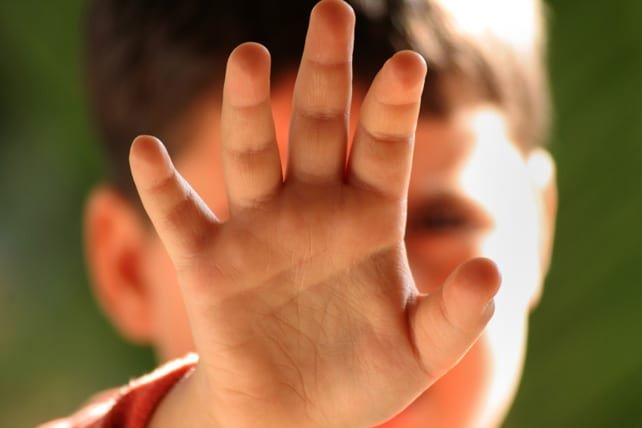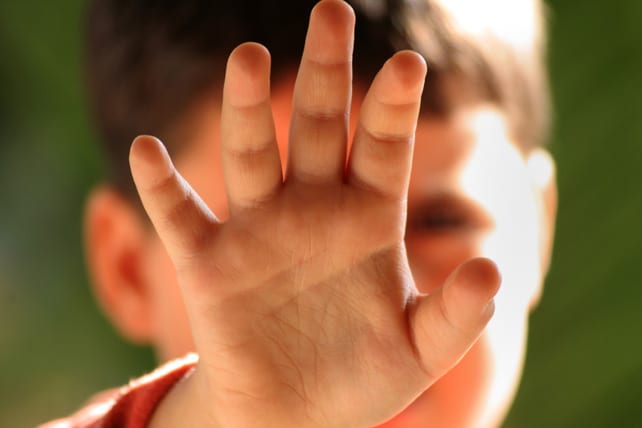[ad_1]
In today’s world, many children experience emotional concussions. These crises and traumas can be just as lethal, and sometimes even more so, than physical concussions.
Emotional concussions occur when young children:
- Live in homes controlled by alcohol, drugs, explosive tempers
- Have homes characterized by stress
- Live with dysfunctional adults
- Are exposed to people who are physically, emotionally, and/or sexually abusive
- Experience the divorce of parents
The ACEs Too High website states: “The life-in-dysfunction emotional concussion is a day-in-day-out brain bludgeoning by stress-induced hormones of adrenaline and cortisol. It wires developing brains for flight, fight or freeze. It can set people up to pass on the family legacy of dysfunction.”
Few people pay attention to the emotional concussions kids face daily. That means most of their cries for help go unheard. But your children’s ministry and church can help.
Checking for Emotional Concussions
Unlike with a physical concussion, no one evaluates kids with emotional concussions. For physical trauma, a coach checks for dilated pupils, holds up fingers to assess vision, and asks questions to make sure the child is cognizant.
With an emotional concussion, there’s no concern that the child has another new father figure at home. No one checks to see if the child is alone late at night because mom works two jobs to make ends meet. No one notices that the same kid is in trouble all the time.
Also, unlike a physical concussion where a kid is benched and needs a doctor’s permission to return, an emotionally concussed child returns right into the emotional mayhem. These kids get no do-overs or timeouts. Most have no coach or outside adult who oversees their wounds. Mostly, they just receive a head-pat and are told to straighten up and get back in the game.
Emotional concussions cause lots of damage to kids. Many become dysfunctional early on and carry that dysfunction into adulthood. As teens they may:
- Contemplate or commit suicide
- Abuse drugs
- Become alcoholics
- Become active sexually early and get pregnant as teens
- Self-harm
- Bully other kids
- Drop out of school
Many children of divorce have emotional concussions. And, as physical concussions run the gamut from light or severe, so do emotional concussions. A child of divorce who has a support system and concerned adults outside the home may be spared from a severe emotional concussion.
[ad_2]
Source link








You must be logged in to post a comment.